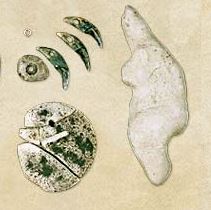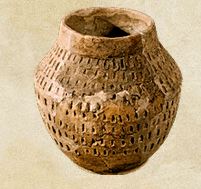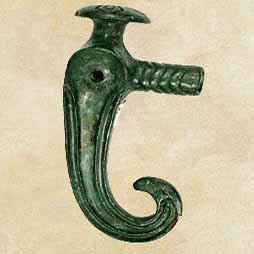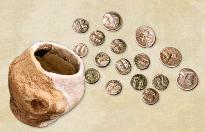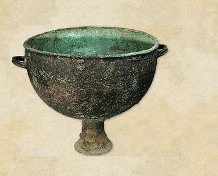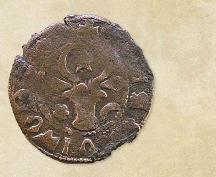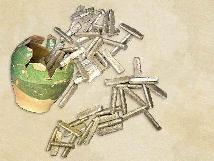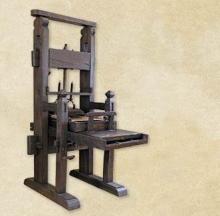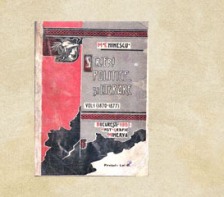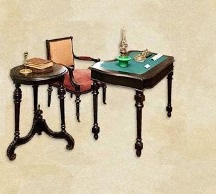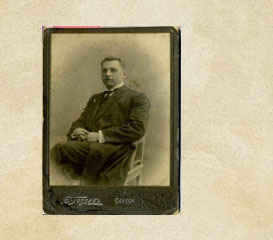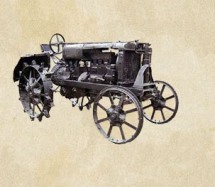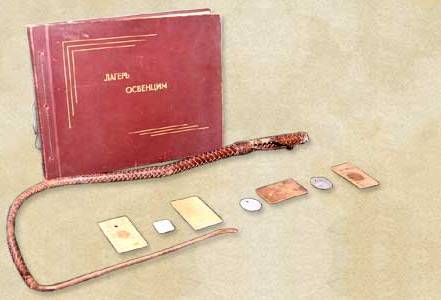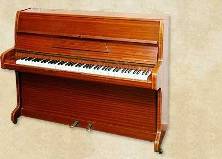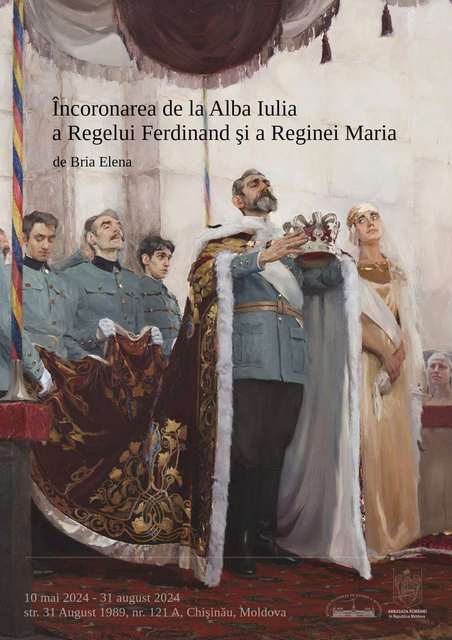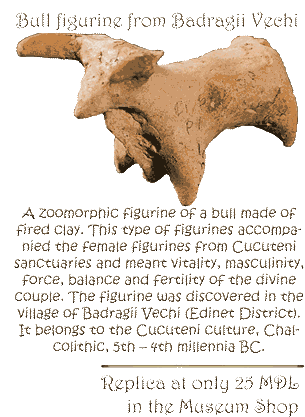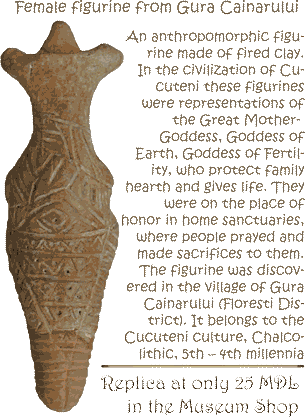  Events Archive Events Archive
Delegation of the European Union to the Republic of Moldova awarded the remarkable results of Civil Society Organisations in the Republic of Moldova
June 22, 2022
Civil society organisations, funded by the European Union (EU), which have contributed to the consolidation of democracy, economic and social development of the Republic of Moldova were awarded within the Civil Society Gala 2022. The award event, organised by the Delegation of the European Union to the Republic of Moldova, took place on 22 June in the yard of National History Museum of Moldova. With his presence honoured us the Jānis MAŽEIKS, Ambassador of the European Union to the Republic of Moldova, who stated: “The European Awards for civil society mark the dedication and perseverance, and namely – the daily assiduous work, based on enthusiasm and real-life impact on the life of the people of the Republic of Moldova. We will certainly continue supporting civil society in the Republic of Moldova, working for a better governance, stronger society, resilient economy, local development and healthier environment, for a better life and equal opportunities for the people in all regions of the Republic of Moldova, as together we are stronger!”. Civil society organisations (CSO) from different regions of the Republic of Moldova were awarded for their perseverance, dedication and creativity in identifying solutions to the most pressing issues at the local and national level. The list of this year's winners is as follows: European Association for Local Democracy Agency (ALDA) - Stronger Governance Award, Public Association “AudiViz” - Stronger Society Award, East Europe Foundation - Stronger Economy Award, and Public Association “Social Innovation Fund of Moldova” - Stronger Connectivity Award. Additionally, four special awards were offered: Public Association “Homecare” - Confidence Building Award, Public Association “Anima” - Promoting Change Award, Centre “Partnership for Development” - Gender Champion Award, and Diaconia - Response to Social Crisis Award. The first edition of the European Awards for Civil Society Organisations was organised by the EU Delegation to the Republic of Moldova in 2018. Since then, three editions were organised in physical format. The award ceremony was streamed on the online platforms of the Delegation of the European Union to the Republic of Moldova and mass media platforms.
|
 31 August 1989 St., 121 A, MD 2012, Chisinau, Republic of Moldova
31 August 1989 St., 121 A, MD 2012, Chisinau, Republic of Moldova








.jpg)
.jpg)
.jpg)
.jpg)
.jpg)
.jpg)
.jpg)

